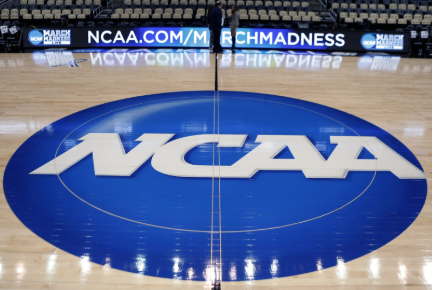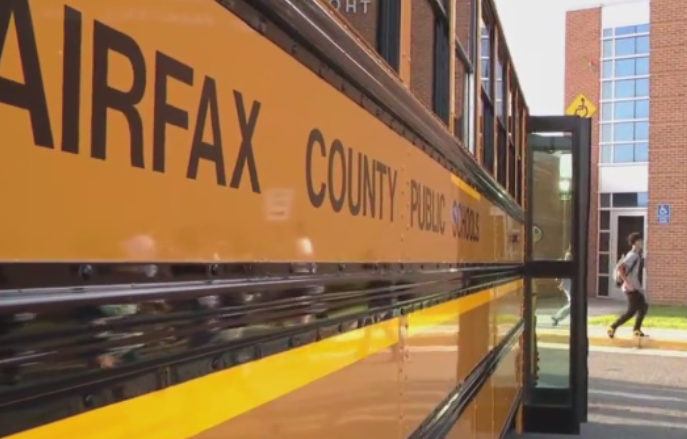Changes have been made to the grading scale and retake policy at FCPS. Students can now retake up to 100% and a D- has been added to the grading scale.
In previous years students could only retake tests up to 86%, meaning students only had the opportunity to retake a test if they originally scored below an 86%. This year, students can retake up to 100%, regardless of their original grade. Although students only get one chance to retake, it gives teachers more to grade and students more chances to increase their grade.
Many students are excited about the new policy allowing them to score up to a 100% on a retake.
“I think it’s awesome because last year you would do the whole retake procedure and only get an 86% which is a B,” sophomore Anya Crevits said.
Being able to score 14% higher on a retake can make or break a student’s grade and provides more opportunities for students to boost their grades.
“I think it’s going to positively affect me because if I didn’t do so well the first time I could get an A by retaking it,” Crevits added.
On the other hand, some students don’t think the policy is necessarily equitable.
“I don’t really think it’s fair for those who get a good grade to begin with but if I was in that position I would want to retake up to 100%,” sophomore Jaayla Davidson said.
“It’s kind of unfair to the people who studied the first time and did well the first time,” Crevits agreed.
Now that students have the opportunity to retake up to 100%, it makes it harder to decide when it’s worth the effort.
“I feel like I’m pressuring myself to retake even if I got a good score,” sophomore Ava Connor said.
Connor felt that the option of retaking made her feel like she had to, even if she already had a satisfactory grade.
Teachers also have concerns about the new retake policy. With more students being able to retake, it means more work for the teachers.
“It increases my workload by a significant amount [and] It’s twice as much grading,” English teacher Mrs.Schmidt said.
In addition to an increase in workload, many teachers are concerned about how this new policy will affect students’ attitudes towards testing
“The issue is it lowers the standards for students now where they would potentially not study for the first time, knowing that they have chances for retakes,” Business teacher Ms.Rock said.
“I have concerns that if kids can retake up to 100% their goal will be to get that 100% rather than figuring out what they need to improve for next time,” Schmidt agreed.
The addition of a D- means that students can now pass a class with a 60-62%. Last year 60-62% was included in the F category, meaning a student would be failing that class. Teachers are apprehensive about if this policy will really benefit students.
“It is going to lean into kids being more apathetic, just lowering the standards allows our kids to do less,” Schmidt said.
“We have a lot of students now who lack motivation and this system does not set them up for success,” Rock claimed.
“I’ve taught for 22 years and I’ve seen the standard for students go completely down into the hole,” Rock added.
Students also seem to have mixed opinions about the addition of the D-.
“If they’re able to retake [tests] up to 100%, there should be no need to have a D-,” Davidson said.
Contrastingly, some students thought the D- would be beneficial. Crevits described the D- as being “good” as she considers an F to be a 50 or below.
These controversial policies are intended to help students, but many teachers are concerned that it may hurt students in the long run. Having more opportunities to increase test scores will give students more chances to boost their grades, however this may damage students’ work ethics.

























